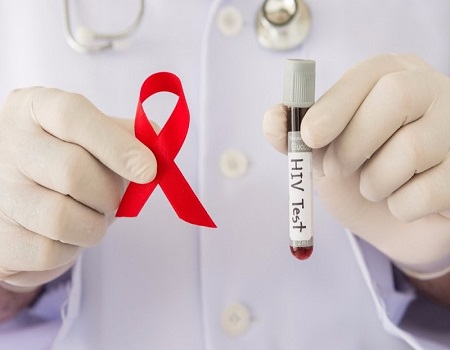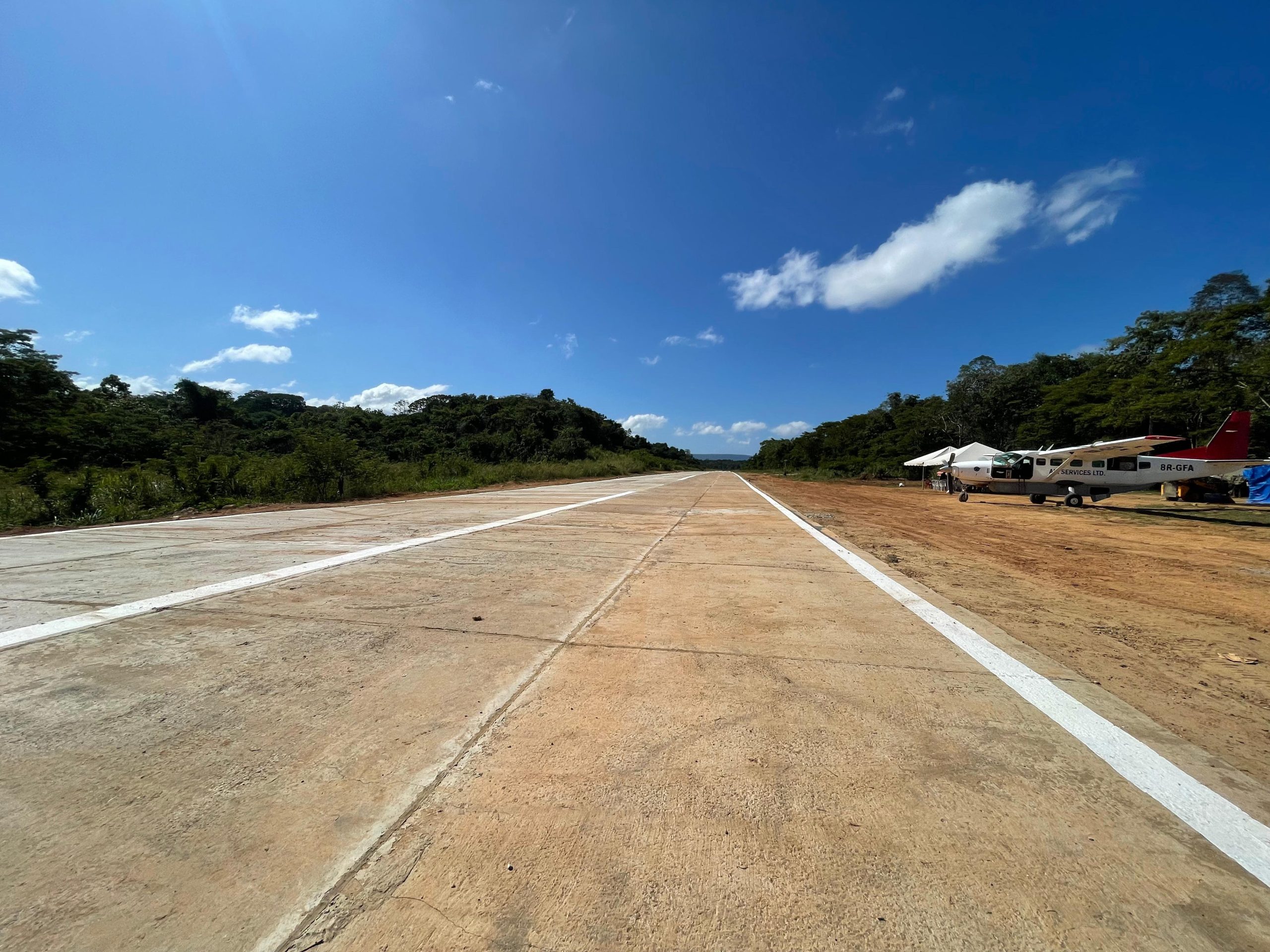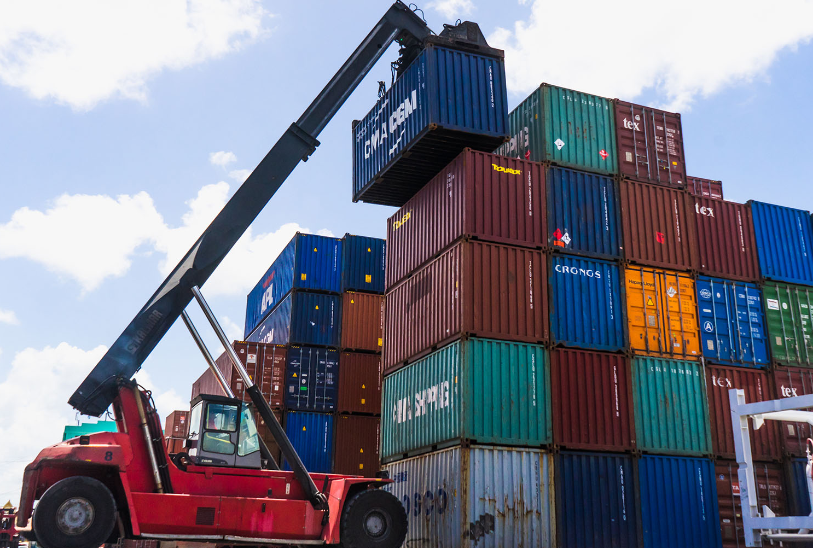

Guyana is making significant strides in the global fight against Human Immunodeficiency Virus/ Acquired Immunodeficiency Syndrome (HIV/AIDS) emerging as one of the countries with the lowest rates of new infections among its young population.
This achievement was recently highlighted by the Director of the National AIDS Programme Secretariat (NAPS), Dr Tariq Jagnarine, who revealed that statistics provided in a recent report by the United Nations (UN) and Caribbean Community (CARICOM) are incorrect as it relates to HIV cases in Guyana.
NAPS Director, Dr Tariq Jagnarine
The report published in September stated that young people who are 15 to 24 years old accounted for 28 per cent of new HIV infections in 2023, while, in the Caribbean, this age cohort accounted for 27 per cent of the 15,000 new infections.
However, Dr Jagnarine has since indicated that this is not so.
“So, definitely what happened with that report [was that] there was some erroneous information with it. The report said that there was a spike in youths who are having HIV in the Caribbean. But what it did not show is that Guyana and Suriname happen to be the lowest when it comes to the youths. And so, of course, youths are a vulnerable group. We have to keep working with them, and we recognise that as a priority area, and we’ve been working with the youths,” the NAPS Director noted.
Meanwhile, with the Health Ministry expanding its services to Guyanese living with HIV/AIDS, some 30,000 plus patients have been able to access pre-exposure prophylaxis (PrEP) treatment in 2024.
PrEP, a once-daily medication that significantly reduces the risk of contracting HIV, has proven to be a game-changer in preventing the spread of the virus.In addition to this, Dr Jagnarine disclosed that 6,000 patients benefited from regular refills and 1,400 new patients received self-testing kits.
“Self-testing has also been a good initiative of us, a huge uptake. We’ve actually started many different approaches so we can get self-testing out there, including the home delivery of self-testing kits which is continuous.”
“For the past few years, we’ve had difficulty in accessing persons when it comes to treatment. And this year, we’ve moved our cohort from that of 6,000 to almost 7,400 persons, which is very good. We’re going out there, we’re finding people, we’re bringing them back to the clinic. And not only bringing them back, linking them to quality treatment, free. But treatment, now that is highly effective, giving them good results, and bringing on their viral load,” Dr Jagnarine said.
Today, the Ministry of Health joins the globe in observing World AIDS Day under the theme “Take the rights path: My health, my right”. This year’s theme emphasises the importance of healthcare access and the empowerment of individuals in managing their health.
“Our national strategic plan, HIV in 2025 has a whole section that speaks in human rights. And so, we’ve been going to places and speaking about human rights issues, speaking about stigma, speaking about discrimination. The many workplaces, working with the guys in the police force, the guys in the defence force, working with men, working with youths, working with workplaces and this is ongoing. It’s continuing and we’ll continue to do it and to champion that at the end of the day. If you want to end HIV, the social issues like that of human rights needs to be addressed,” the NAPS Head added.
Related News

CJIA Commercial Centre 70% completed – Edghill

Operating capacity not affected following fire at Kingston plant - GPL

$688.8M Brigadier Gary Beaton aerodrome commissioned


